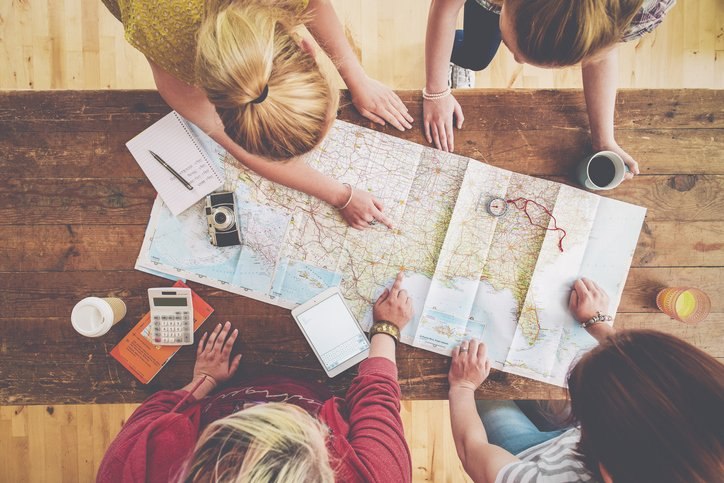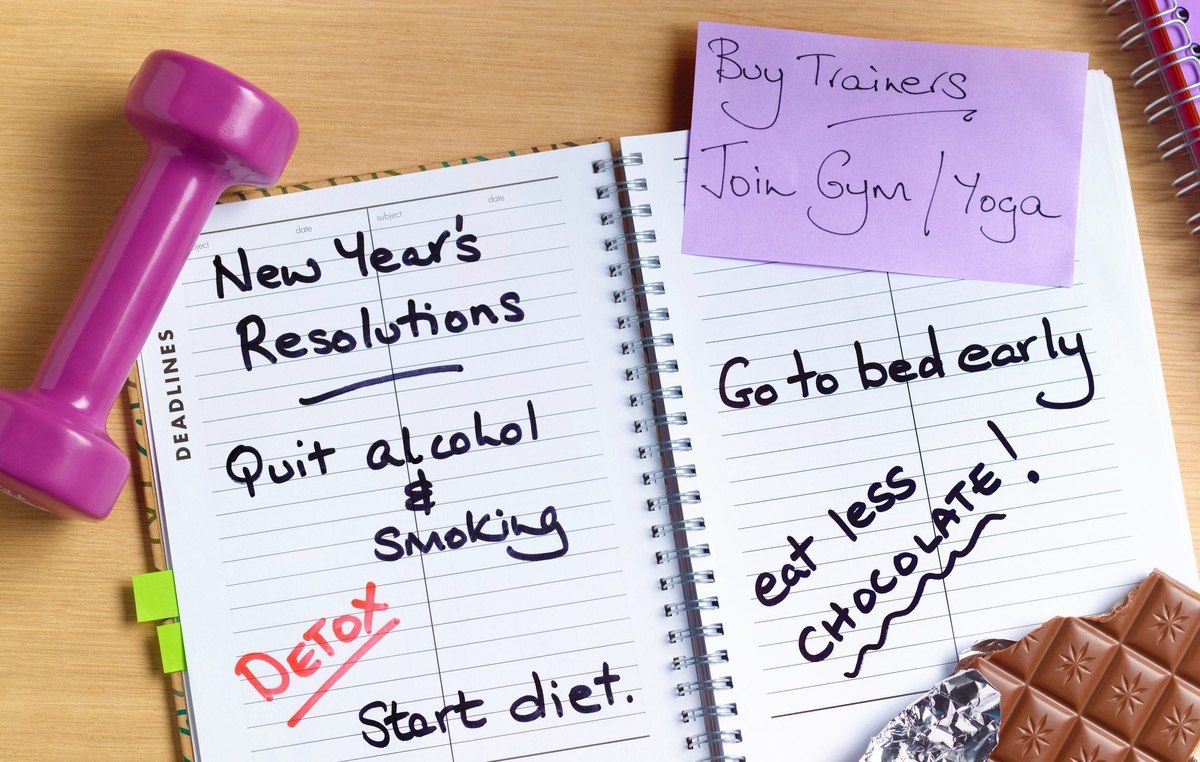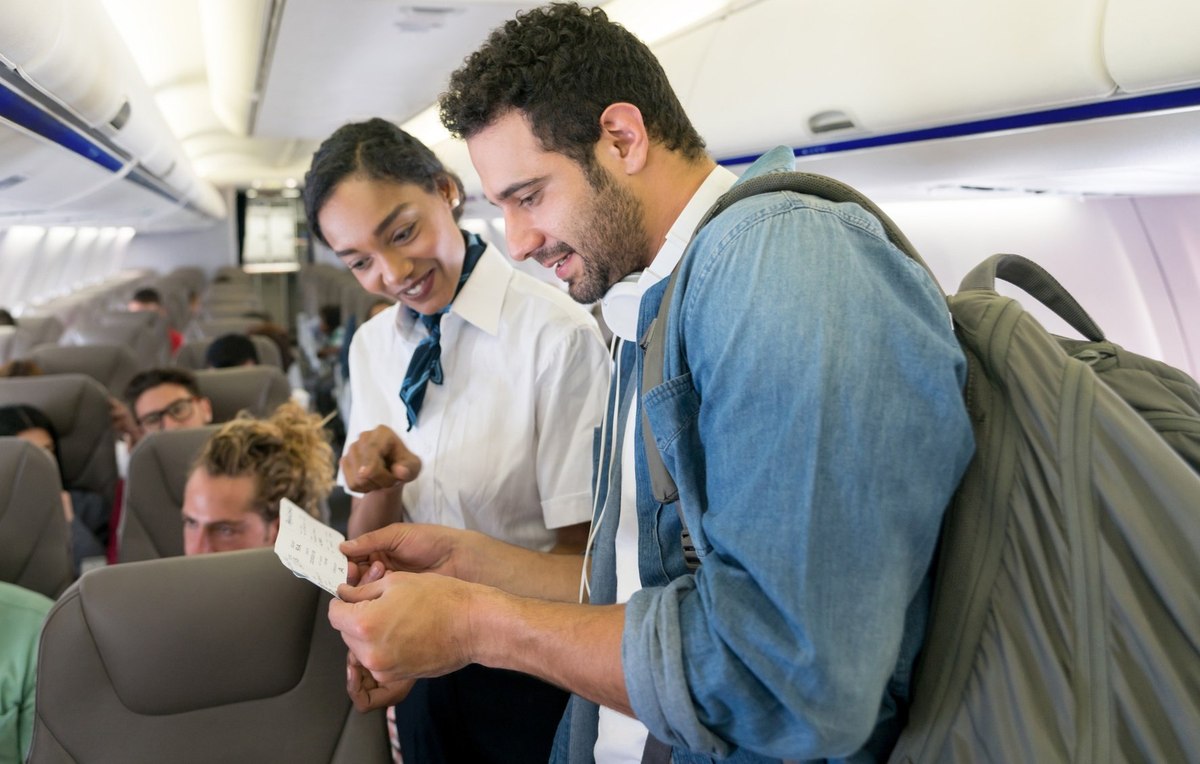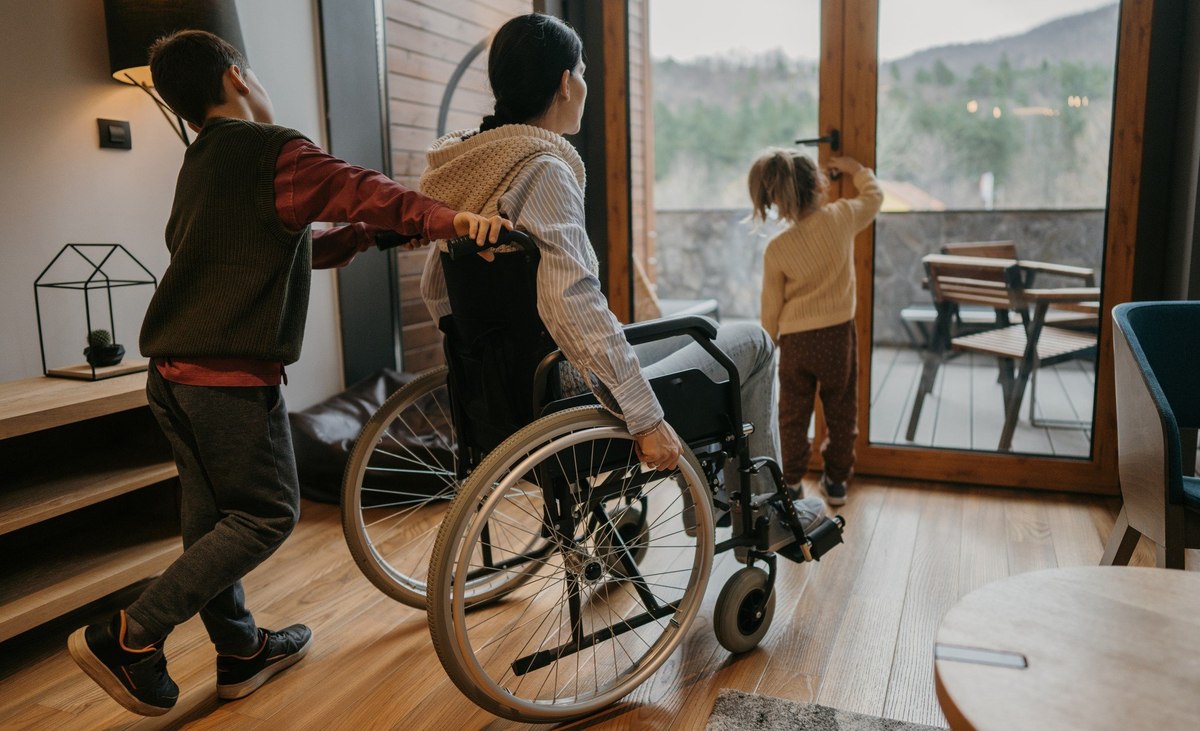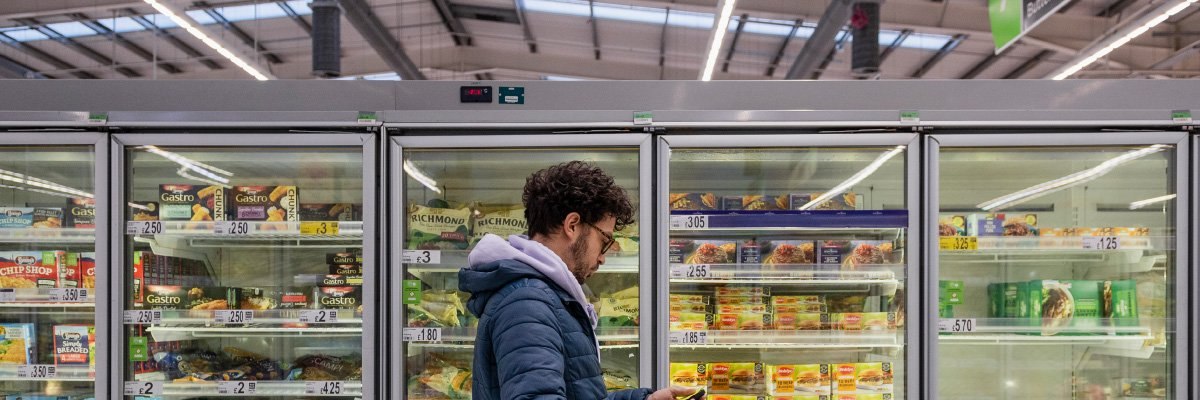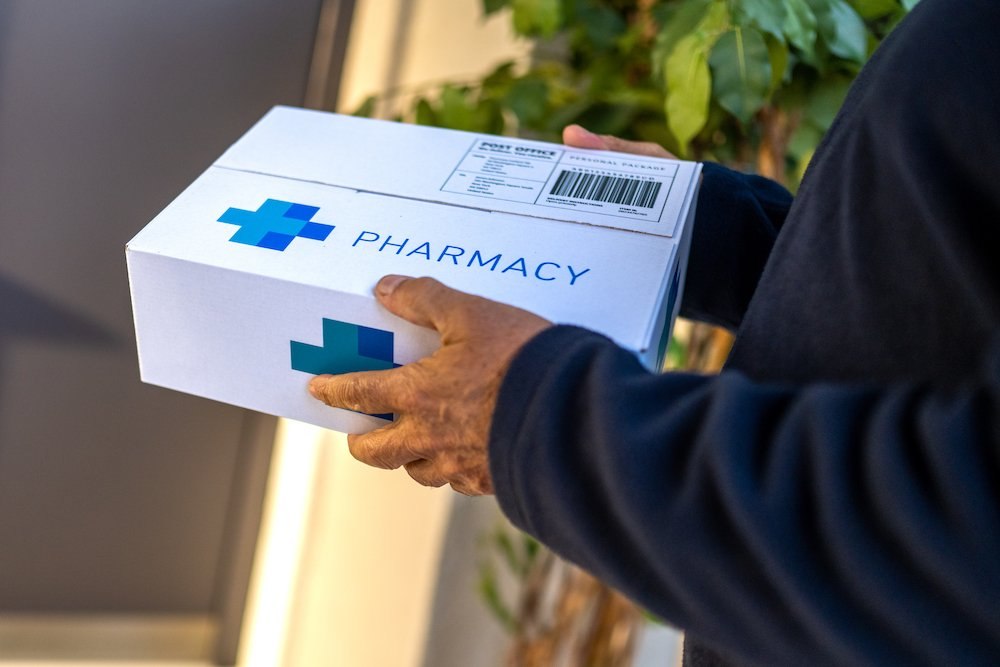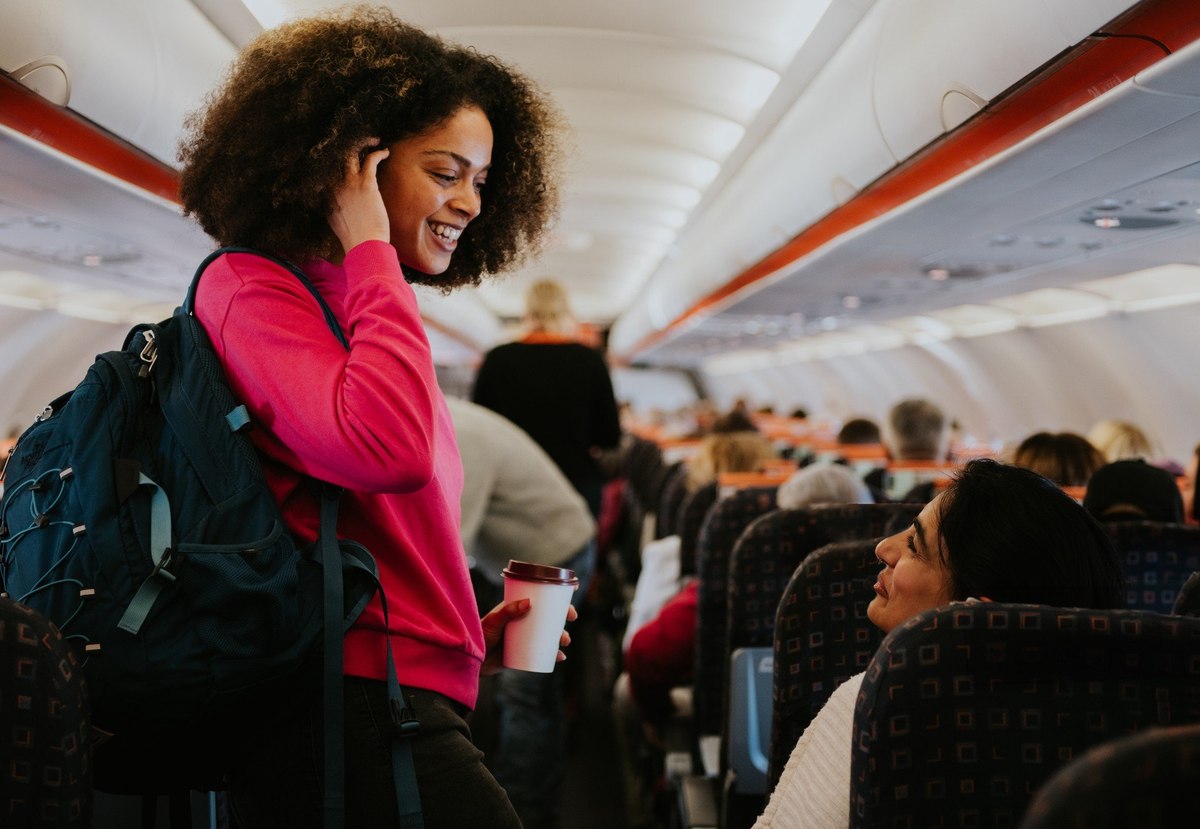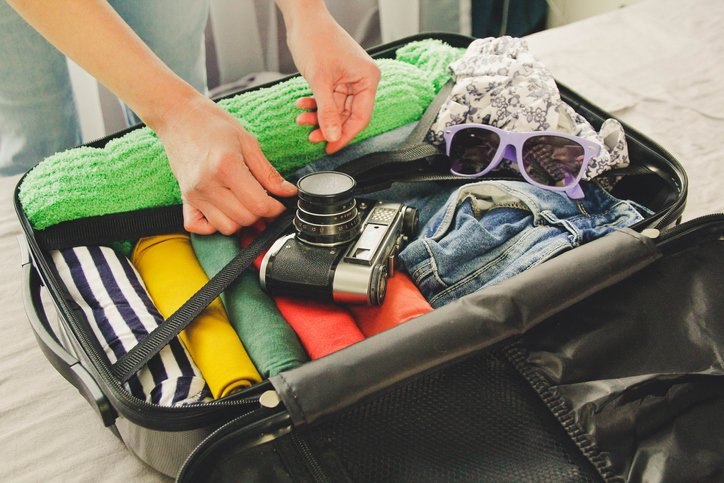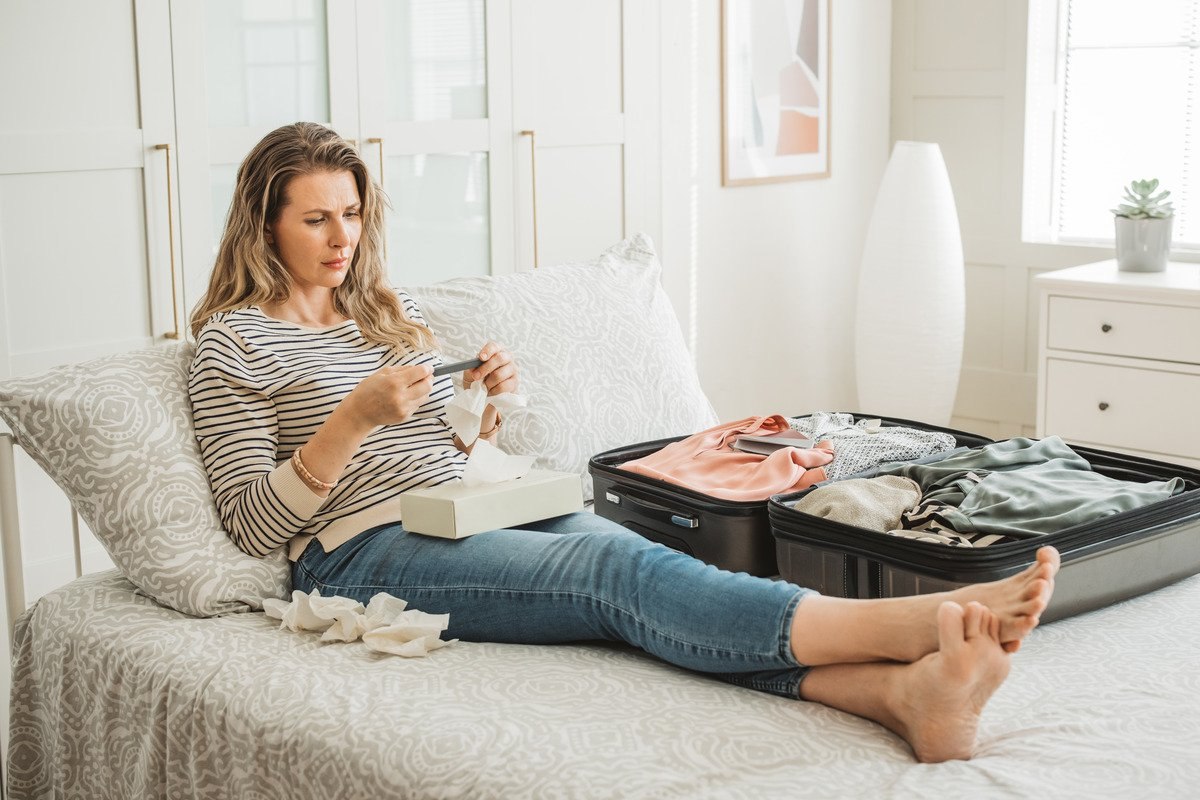
Holidays and health: Britons’ approach to health while travelling abroad
- 13% of Britons who travelled internationally since May 2022 fell ill during their trip.
- More than a third of Britons planning international trips express concern (35%) about getting sick while abroad.
- Just over half of Britons wash or sanitise their hands regularly (57%), compared to two-thirds who wear sunscreen and protective clothing (66%) to prevent falling sick when travelling internationally.
- 67% of Britons typically pack over-the-counter pain killers like paracetamols while travelling internationally. Notably, men are significantly likelier than women to not carry any medical supplies when taking a trip abroad (19% vs. 9%).
________________________________________________________________________________________________
The British summer travel season is upon us. Data from a recent YouGov Surveys: Self-Serve poll of 1,000 UK adults reveals that three-fifths Britons intend to take a domestic trip for leisure or business (60%), and more than half plan to take an international trip (53%) in the next 12 months.
The UK government's official advice site Travel Health Pro recently issued travel advisories about a potential outbreak of yellow fever and a lethal meningococcal disease, especially among people travelling back to the UK from overseas. A new YouGov survey offers insights into Britons’ concerns about falling sick while travelling abroad, the steps they typically take to prevent falling sick, and the medical supplies they pack when travelling internationally.
Just 13% of Britons, who have travelled internationally since May 2022, fell sick on a trip abroad. However, more than a third of Britons - who plan to take an international holiday or business trip in the next 12 months - are ‘very’ or ‘somewhat’ concerned about falling sick on such a trip (35%).
Compared to nearly two-fifths of respondents aged 40-54 and above 55 (38% for both), just 18% of 18-to-24-year-olds in this group are concerned about the risk of holiday sickness while travelling abroad.
What measures do Britons typically take when travelling abroad?
Two-thirds of Britons typically wear sunscreen and protective clothing (66%) followed by three out of five Britons who avoid consuming local tap water (61%). Surprisingly, just over half say they frequently sanitise their hands (57%) to prevent falling sick while undertaking international travel.
More than two-fifths of Brits say they get vaccinations/immunizations before travelling and roughly a third (32%) say they research potential health risks before travelling to a destination.
What medical supplies do Britons typically pack when taking an international trip?
Britons are most likely to carry over-the-counter pain relievers like ibuprofen when taking a trip abroad (67%) followed by prescription medications (50%) and topical creams (38%).
A look at the data by gender demographics reveals that women are significantly likelier than men to carry medicines and health supplies when travelling internationally.
The largest differences can be seen in the case of over-the-counter pain relievers (56% of men vs. 76% of women), topical creams and ointments (28% vs. 47%), antidiarrheal medicines (28% vs. 38%) and first aid kits (28% vs. 38%).
Similarly, British women are twice as likely as British men to carry oral rehydration salts (14% vs. 7%) and motion sickness medicines (17% vs. 7%) when travelling abroad.
Explore our living data – for free
Make smarter business decisions with better intelligence. Understand exactly what your audience is thinking by leveraging our panel of 26 million+ members. Speak with us today.
Discover more travel and tourism content here
Want to run your own research? Run a survey now
Methodology: YouGov polled 1,000 British adults online on between May 8-9, 2024. The survey was carried out through YouGov Surveys: Self-serve. Data is weighted by age, gender, education level, region, and social grade. Learn more about YouGov Surveys: Self-serve.










